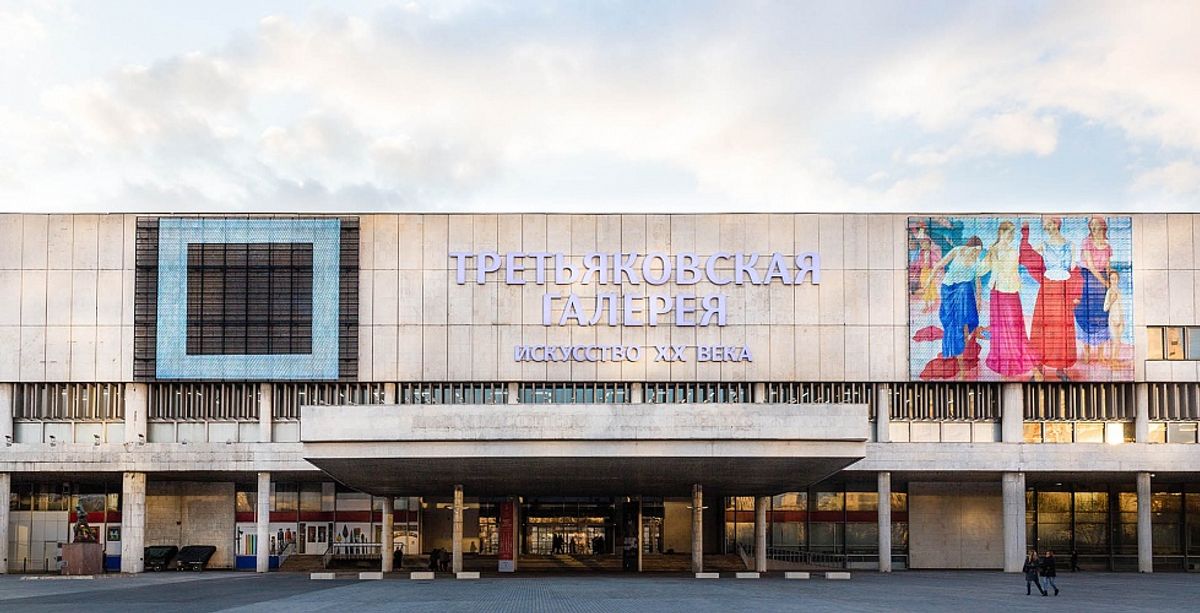With the 2018 Fifa World Cup kicking off in Moscow today and in another ten cities until 15 July, Russia’s museums are preparing to welcome hundreds of thousands of foreign football fans. Host cities for the tournament include Yekaterinburg, Kaliningrad, Kazan and Nizhny Novgorod, all known for their cultural institutions.
The Russian government has urged museums to offer discounts to visitors with a World Cup Fan-ID, the special document that allows ticket-holders to enter the country without a visa. The Kremlin has made the World Cup a priority in a bid to return Russia to the world’s graces following the 2014 annexation of Crimea, war in eastern Ukraine and the missile attack on a Malaysia Airlines plane, in which Russia denies all involvement.
The country is expected to welcome nearly 90,000 World Cup ticket-holders from the United States, more than 70,000 from Brazil, and more than 60,000 from Colombia and Germany. Some officials have said there might be up to 1.5 million foreign visitors during the tournament.
Moscow’s State Tretyakov Gallery is offering free entry until 25 July at its New Tretyakov building for 20th-century and contemporary Russian art as a way to draw foreign visitors. But the State Hermitage Museum in St Petersburg has not announced any discounts. Mikhail Piotrovsky, its director, is concerned about admitting too many non-paying visitors.
“[Football] fans have the same rights [as other visitors],” he told Ekho Moskvy radio station last month, complaining that “from morning to night it’s all about the [football] fans” as preparations for the World Cup reached fever pitch. “There are means to restrain them if they start behaving like hooligans,” Piotrovsky noted, adding that: “people will come to the Hermitage even if the fans do not.”
In 2015, Russia’s culture minister, Vladimir Medinsky, made the country’s federally-funded museums free to schoolchildren of all nationalities. Museums nationwide are free to many others, including pensioners.
Piotrovsky told Ekho Moskvy that one-third of Hermitage visitors already have free entry. In April, at a meeting of the Union of Museums, held in Crimea, he said that museums were more popular than cinemas in Russia. The Hermitage drew more than 4 million visitors in 2017. Tass news agency reported that foreigners, most of whom pay full price (700 rubles, just over $11), account for about a third.
In an ideal world, Piotrovsky said in the radio interview, museums would all be free. In Anglo-Saxon countries, he said, people regard it as a privilege for which they are grateful, but some nations, including Russia, do not respect things offered free of charge. “Free of charge means give it to me now and they kick open the door,” he said.
However, the Hermitage is not ignoring the World Cup. On 13 June, Achilles, one of the museum’s resident mice-hunting cats, predicted that Russia would beat Saudi Arabia in the opening match. The feline oracle even has his own Instagram page.


